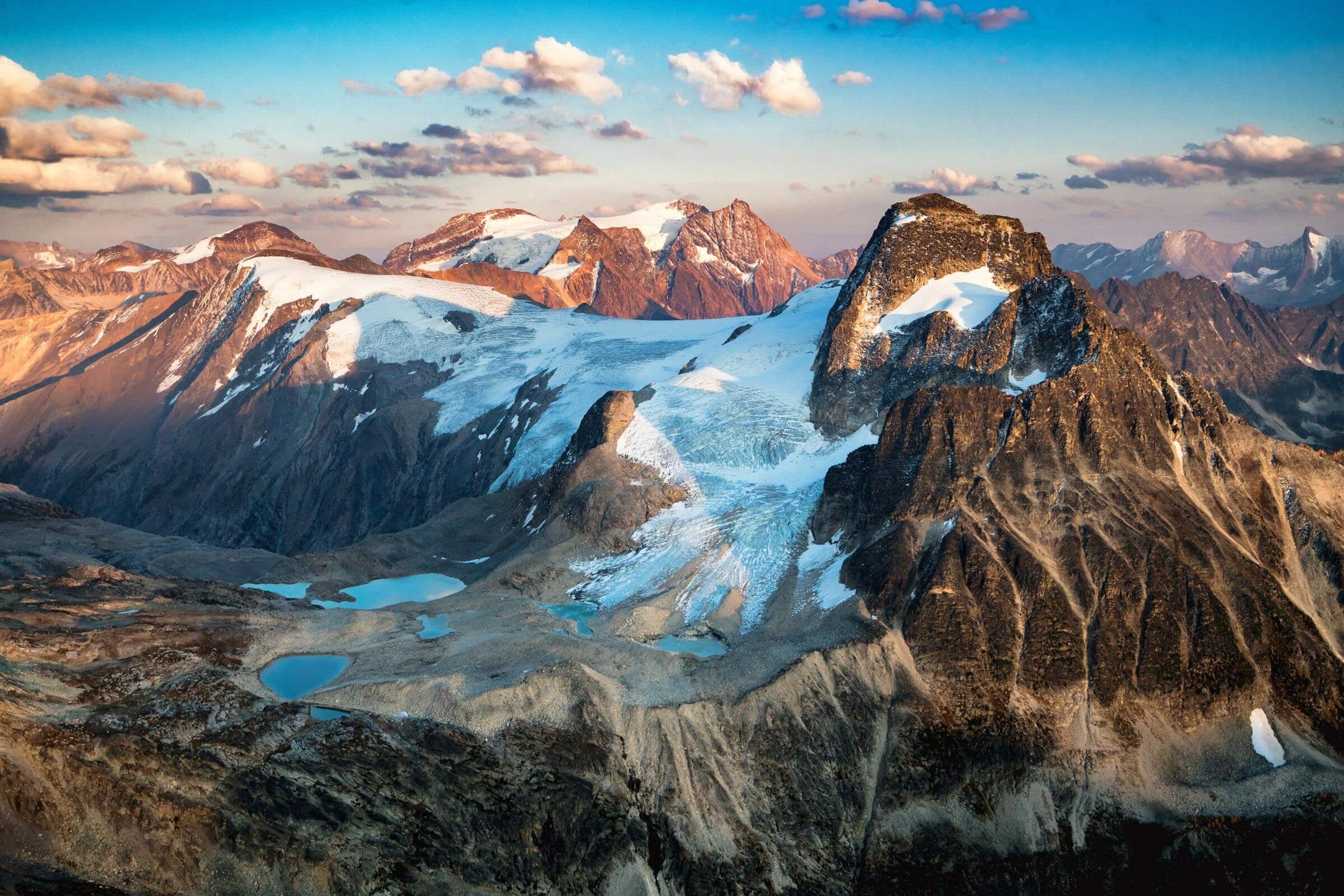After three decades of legal battles, the Ktunaxa Nation tapped into Canada’s newest conservation tool to protect Indigenous lands.
April 20, 2020 | Jason Bittel
After a long hibernation, grizzlies are stirring in the Purcell Mountains as wildflowers begin to peek out of melting snow. If spring is a symbol of rebirth, it is especially so in the part of western Canada known as Qat’mak, or the Jumbo Valley, this year. The 170,000-acre area is now back in the care of the Ktunaxa Nation—an enormous environmental victory three decades in the making.

Purcell Mountains, Ktunaxa Territory. Photo © Steve Shannon
Since 1991, the Ktunaxa Nation, a tribal council made up of four bands of Indigenous peoples, has been fighting a bid to construct a massive ski resort on its ancestral lands in southeastern British Columbia. With 6,000 beds and year-round attractions, the Jumbo Glacier Resort would have been North America’s largest such destination and, with 5,000 feet of skiable mountainside, its highest in elevation. The proposal, put forth by Glacier Resorts Ltd., was akin to building a small town atop the glacier.
“We’ve been told from those that are knowledge keepers that this is a place of spiritual significance,” says Kathryn Teneese, chair of the Ktunaxa Nation Council. “It’s a special place, and we wanted to ensure that it continued to exist.”
The Grizzly Spirit
To the people who have lived in Qat’mak for 10,000 years, the region is more than picturesque snowcapped peaks, craggy glacier walls, and dense stands of pine. It’s also home to the Grizzly Spirit—a divine being not unlike one that a Christian, Jew, or Muslim might seek in a church, temple, or mosque. The Grizzly Spirit is a presence the Ktunaxa believe could be diminished and driven away by runaway development like a ski resort.
